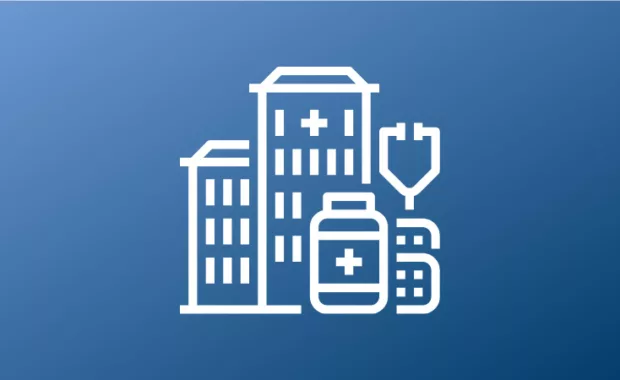Career Resources

PA JobSource
PA JobSource is an interactive, map-based career exploration platform that is available exclusively for AAPA members. Explore the map and connect with virtually every PA employer in the United States today.
PA Scope of Practice
PAs are proven and integral members of the U.S. healthcare system. But what exactly do PAs do? And who decides? The boundaries of each PA’s scope of practice are determined by these parameters: education and experience; state law; policies of employers and facilities, and the needs of the patients.
Specialty Transitions: Researching the Best Options for You
PA Career Coach Jennifer Hohman frequently works with clients who are considering changing their specialty. Find out how she helps her clients find the right specialty for them through careful self-assessment, research, and networking.
Payer Reimbursement Policies for PAs
Explanation of third-party reimbursement for PAs.
An In-Depth Guide to PA Recruiting
Learn about the remarkable contributions that PAs make every day and gain insights into how you can recruit highly qualified PAs for your open positions. Read interviews from expert sources on what matters in PA recruitment.

How to Tailor Your Job Application for a Specialty Transition
Any successful career transition is rooted in self-knowledge, curiosity and a zestful movement towards what inspires you as a clinician. PAs have unique career journeys given their ability to navigate specialty transitions that can be both exciting and daunting.
Putting on Your Oxygen Mask: The Importance of Taking Care of Your Mental Health to Succeed in PA School
Mental health affects everyone from PA students to practicing PAs. Join AAPA for this webinar featuring a discussion on mental health. Learn what you can do now to and as you prepare for your PA career to take care of yourself!

AOP Guide
Explore a new career direction or specialty with this collection of AAPA and partner resources, salary data, and CME on various practice areas, including Administration, Dermatology, Education, Emergency Medicine, Family Medicine, Hospital Medicine, Internal Medicine, Orthopaedic Surgery, Telemedicine, and Urgent Care.

Study Less, Remember More
By focusing on the finish line from the very start, developing strong personalized study skills, and maintaining a willingness to adapt, students will learn how to feel confident on test day through both didactic and clinical years.

Drinking From a Fire Hydrant: How to Study Effectively in PA School
By focusing on the finish line from the very start, developing strong personalized study skills, and maintaining a willingness to adapt, students will learn how to feel confident on test day through both didactic and clinical years.

Sponsored
Why I Changed Specialties as a PA
One of the major advantages of becoming a PA is that it is relatively easy to change from one specialty to another without the need for new certification. More than 50% of PAs will change specialties during their careers, according to AAPA’s Salary Report.
PAs and Team Practice
A summary of PAs in team-oriented care models.

What is a PA?
What is a PA (physician associate/physician assistant)? PAs are licensed clinicians who practice medicine in every specialty and setting.
Surviving Your Didactic Phase
Most PAs recall their PA education as being the most rigorous and challenging of their academic careers. The hard work will be worth it as you learn how to become an outstanding clinician.

